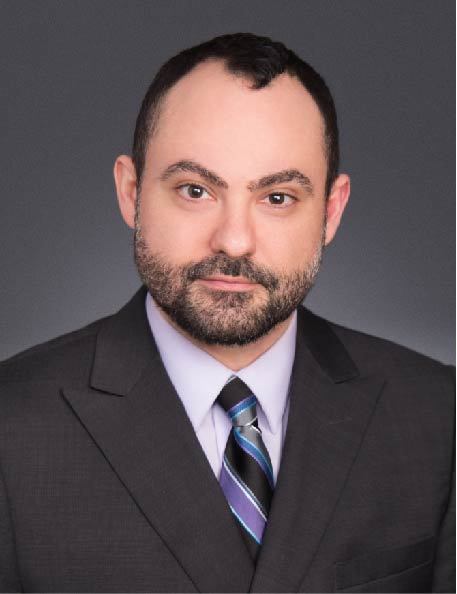Internet Misconduct
DisputeSoft’s experts are intimately familiar with tactics employed by cybercriminals, and can provide counsel with the information needed to apprehend them.
The ubiquity of the Internet has opened up a new frontier for illegal activity. Criminals take advantage of the anonymity that can be found online in order to commit acts of online piracy and theft. The Internet adds a new dimension to civil disputes as well, which may occur over such matters as online trademark infringement and online defamation.
Online Piracy
Tracking down cybercriminals represents a constant and growing challenge. Online piracy and counterfeiting operations employ sophisticated techniques for concealing their identities and locations, and often choose to operate in jurisdictions that do not cooperate with U.S.-based investigations. However, DisputeSoft’s experts are intimately familiar with cybercriminal tactics, and can provide counsel with the information needed to apprehend them for violations of federal criminal law or sue them in civil court. In addition, our knowledge of the techniques employed in online piracy can aid counsel in the defense of wrongly accused parties, and our analysis can help counsel argue that no illegal activity took place.
How We Can Help
Online Trademark Infringement
DisputeSoft’s experts have the experience and expertise to trace the identities of cybercriminals who unlawfully use other companies’ trademarks to confuse buyers into believing that certain goods sold online are of their own making. Though these criminal actors often operate transnationally in order to avoid the reach of the U.S. courts, they typically have either associates or assets located in the United States. DisputeSoft’s investigators have uncovered evidence of such U.S. connections that has resulted in successful enforcement actions, including injunctions, restraining orders, and website take-downs, as well as successful civil suits against both individual and corporate infringers.
In addition to identifying cybercriminals’ domestic points of contact, DisputeSoft’s team of experts can carefully collect the traces of infringers’ online activities to assist counsel in developing a profile that counsel can use to build a successful case against them. From complex historical domain registration records to publicly available social media profiles, DisputeSoft’s experts leave no stone unturned in searching for any pieces of information that might contribute to a complete picture of the wanted cybercriminal. On the other hand, a party may also be wrongfully accused of infringement by the holder of a trademark. In such cases, DisputeSoft’s ability to develop a picture of the infringement can be used to show that the accused could not have infringed the trademark in question.
Domain Name Disputes
Instances of online trademark infringement are often brought to light during domain name disputes involving cybersquatting or cyberpiracy. Such disputes typically arise when an individual or organization registers a domain name that is similar or identical to another company’s trademark. Cybersquatting is often used to redirect traffic from the website of a well-recognized company or famous individual to a phishing website, and may lead to litigation. In such disputes, litigants frequently seek relief in the form of damages, as well as an injunction or temporary restraining order prohibiting a competitor from using a protected domain name.
Software experts can provide valuable technical insights into these matters. For example, DisputeSoft served as a software expert in an intellectual property case brought under the Internet Corporation for Assigned Names and Numbers (ICAAN) involving the registration of a domain name using a famous person’s name. DisputeSoft experts examined web server logs to determine whether the registered domain name was confusingly similar to the petitioner’s name and similarly-registered domain name. In another example, DisputeSoft served as a software expert in a dispute relating to the use of a corporate trademark in website domain names owned by a competitor. DisputeSoft experts researched domain registration records and website content to demonstrate that the defendant had operated the infringing websites and made extensive use of the plaintiff’s trademarks.
DisputeSoft’s experts leave no stone unturned in searching for any pieces of information that might contribute to a complete picture of the wanted cybercriminal.
Experts on Internet Misconduct
Nick Ferrara
Nick Ferrara has been an integral part of more than 90 cases, spanning numerous commerc…
Josh Siegel
Josh Siegel has substantial experience analyzing copyright, patent, and trade secret cl…


